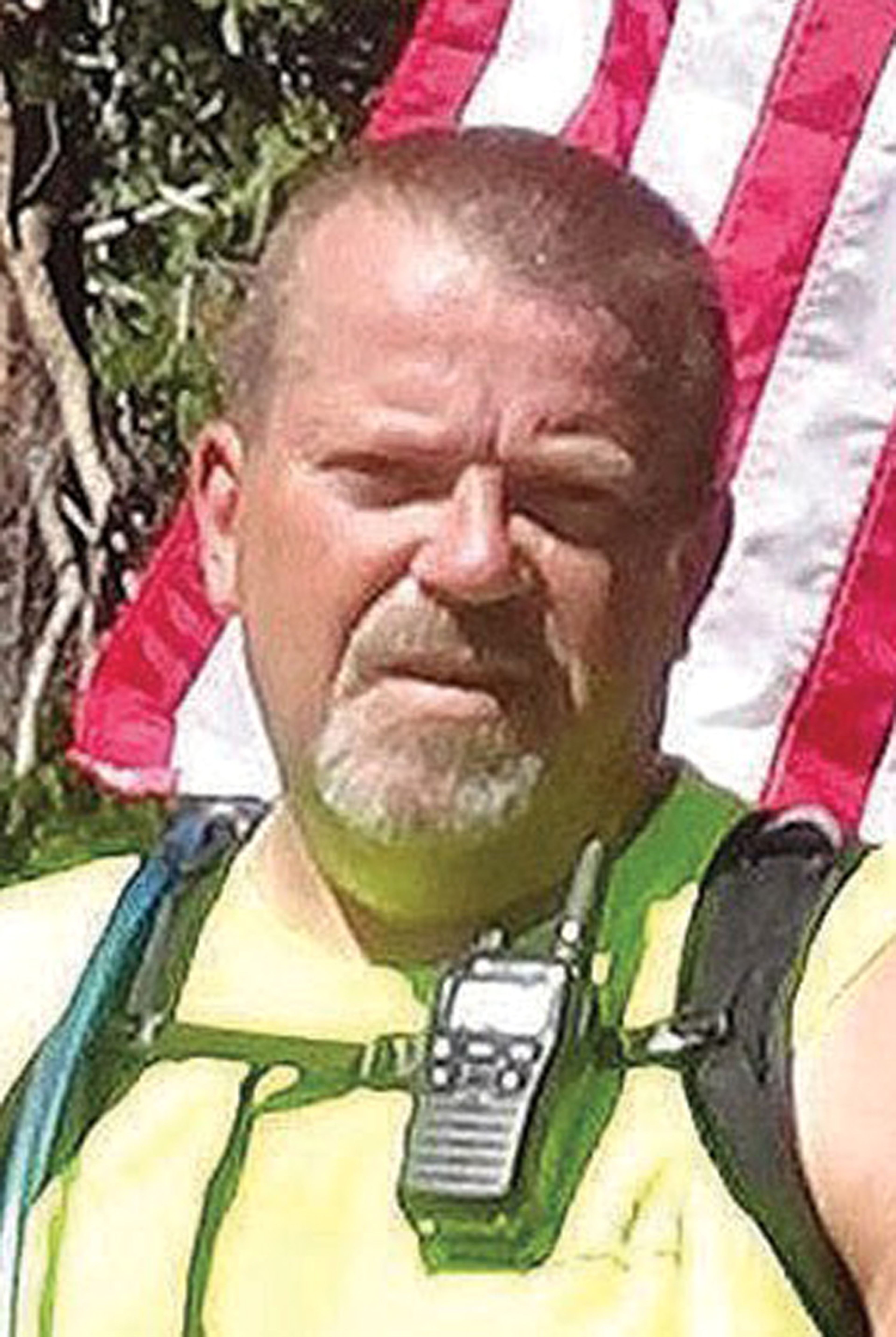By rejecting case, Supreme Court affirms dredge mining regulations
Nation’s highest court passes on case of miner who operated suction dredge mine on South Fork of the Clearwater River
The legal appeals for a California man fined for refusing to obtain a permit to operate a small suction dredge on the South Fork of the Clearwater River appears to be exhausted.
On Tuesday, the U.S. Supreme Court turned away a petition from Shannon Poe asking it to review lower court decisions finding he was required to have a pollution discharge permit.
Suction dredges work by vacuuming up sediment from the river bed and running the material through a sluice box that separates gold and other heavy metals from the rest of the sediment and waste, which is then deposited back into the river.
Poe was fined $150,000 after being sued by the Idaho Conservation League in 2018 in Idaho District Court. The group said he operated his floating suction dredge mine on the South Fork in 2014, 2015 and 2018 without obtaining a National Pollution Discharge Elimination System Permit. The district court agreed and levied the fine.
In an unsuccessful appeal to the 9th Circuit, Poe argued running his dredge doesn’t add pollution to the river so he doesn’t not need a National Pollution Discharge Elimination System Permit. To further his argument, Poe cited two former Supreme Court cases in which the justices said the simple transfer of polluted water within the same water body does not constitute adding a new pollutant and thus does not violate the Clean Water Act. In one case, a previous iteration of the Supreme Court likened it to dipping a ladle into the water, lifting it up and then pouring the water back in.
Poe has also argued that if he does need a permit, it would be from the Army Corps of Engineers and not the EPA.
The appellate court rejected Poe’s arguments and said the cases he cited covered activity much different than suction dredge mining.
“Poe excavated rocks, gravel, sand, sediment, and silt from the riverbed,” the three-judge panel wrote. “Poe punched holes in the riverbed by excavating through layers of riverbed down to the bedrock. Poe then processed the materials by running them through the sluice on his dredge, and then discarded the waste material into the water. This added a plume of turbid wastewater to the South Fork. These materials were not already suspended in the water; they were previously deposited in the riverbed. Poe’s dredging was therefore not a simple water transfer.”
By refusing to take his case, the Supreme Court affirmed that decision.
“The Supreme Court’s rejection of Poe’s arguments settles this matter once and for all. This is a significant win for Idaho, and for all of America’s rivers and streams and the fish and wildlife those rivers support,” said Jonathan Oppenheimer, government relations director for the Idaho Conservation League at Boise, in a news release.
The conservation group has monitored dredge miners on the South Fork of the Clearwater and other rivers for several years and documented those operating without permits. Under a provision of the Clear Water Act, the group sued Poe and other miners who declined to obtain federal permits.
The suction dredge miners, many of them hobbyists, protested changes to the regulatory oversight of their activities that were adopted more than a decade ago. They once needed nothing more than an over-the-counter permit from the Idaho Department of Water Resources to operate in the South Fork and many other river stretches in the state. But that changed following a 2012 ruling from the 9th Circuit that said the U.S. Forest Service is required to consult with the federal fisheries agencies before allowing miners to operate the devices in streams where threatened or endangered fish are present. The ruling shut down the activity for a time on the South Fork of the Clearwater River that is home to threatened fish like wild steelhead and bull trout.
At one point, miners had to get individual National Pollution Discharge Elimination Permits, which required following an onerous process. Later, the EPA approved general NPDES permits that were much easier to obtain. But Poe and others refused on principle.
When federal regulatory agencies like the EPA and the Forest Service declined to enforce the requirement, the Conservation League stepped in and filed a lawsuit.
Oppenheimer said his group will continue to monitor dredge miners to convince them and others to follow regulations designed to protect rivers and the aquatic creatures that depend on them.
“We didn’t enter this to get a big fine against Mr. Poe or others. What we did is to ensure he and others get all the required permits. Whether you are a boater, rafter, miner or logger, you have to have appropriate permits to conduct your activity and that is everyone’s responsibility to protect the places we all know and love.”
Idaho now issues pollution discharge permits in the state instead of the EPA but the permits are similar in their oversight of polluting activities.
Barker may be contacted at ebarker@lmtribune.com or at (208) 848-2273. Follow him on Twitter @ezebarker.









